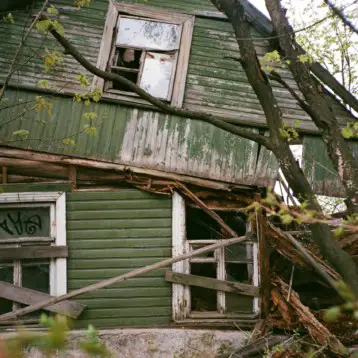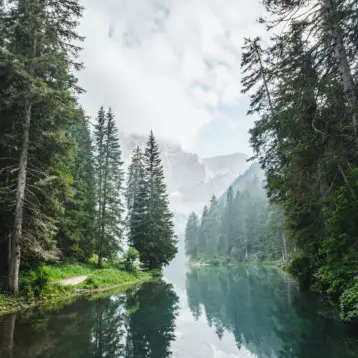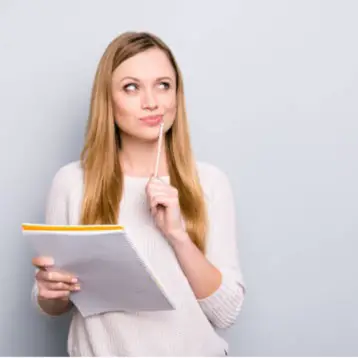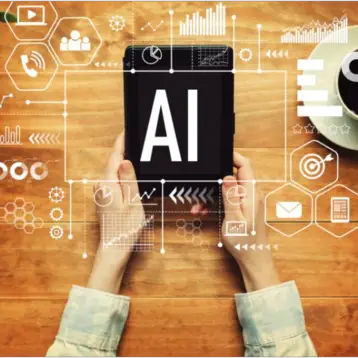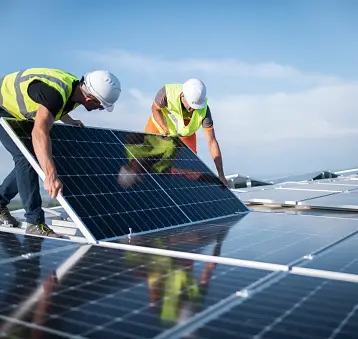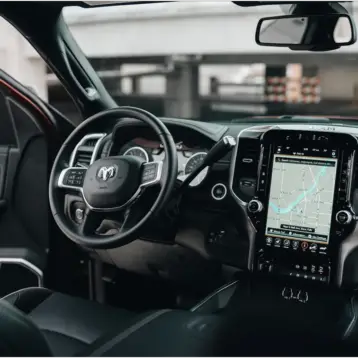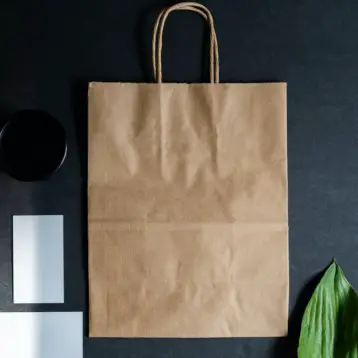Are your daily habits harming the environment?
They might be, whether you realize the fact or not.
You see, while we tut and shake our heads at the way big businesses harm the environment, such as those large industrial companies who pump toxic smoke into the air and leak oil into our oceans, we might also need to point the finger at ourselves, as we can be just as guilty, even if we think our habits are only minor compared to the ‘biggest’ offenders.
The onus is on ourselves to protect the environment, not only for our sake, but for the sake of our children, their children, and all of the future generations to come. So, take a look at the habits below. Should any of them relate to you, make the effort to turn things around. One person can make a difference, and today that person could be you!
Bad Habit #1: Using your car far too much

According to the World Health Organisation, 92% of the world’s population live in places where the air pollution far exceeds what is considered safe. While factories are to blame for some of this, pumping out masses of black smoke into the environment, the blame also lies with ourselves, and the way we use our cars. As stated in this article, cars release 333 million tons of carbon dioxide into the earth’s atmosphere on a yearly basis. The consequences? Air that is unsafe to breathe and an increase in global warming.
What does that mean for you? Well, could you use your car less? Instead of using your car for shorter distances, could you walk or cycle instead? If you rely on your car for work, you might consider car sharing with somebody else, as that would take one car off the road at least. When you are traveling longer journeys, could you take the train? Sure, our cars are a convenient and useful to have around, but if you can find alternatives, you are not only doing your bit to protect the environment, but you are also saving the money in your purse by using less fuel. Oh, and if you do commit to walking or cycling occasionally, you will also be benefiting your health and wellbeing. By using your car less then, everybody wins!
Bad Habit #2: Wasting electricity around the home
A good money-saving habit is to use less electricity in our homes. It’s common sense, especially when our bills are higher than we would like them to be. However, our dwindling bank balances are not the only victims of our electricity usage. The environment is at risk too, because the more electricity we burn in our homes, the more greenhouse gases that are released into the earth’s atmosphere. You can see the consequences of this here.
What does this mean for you? Easy. Stop wasting electricity in your home. When you leave a room, turn the light off if you won’t be setting foot in there for a while. When your phones, laptops and tablets are fully charged, unplug them. Try and limit the number of times you use your dishwasher or washing machine; only turning them on when they are fully loaded. And consider spending time doing something other than watching television or sitting on your computer in your downtime. Turn them off and read a book, or get out into the world and enjoy the scenery around you, instead of putting it at risk with your electricity overuse. Here are 50 ways to save electricity in your home; by adhering to them, you will be saving money and the world as well!
Bad Habit #3: Wasting paper
Did you know that paper is the 3rd largest polluter to our environment? From the methane gases that are released when paper products are placed in our landfills, to the unsafe practices that go into creating the paper we regularly use, the world we live is being put at risk by something that on the surface, seems quite harmless. Check out these paper waste facts for more information.
What does this mean for you? Well, think about the paper you use in your home. Instead of throwing away scraps of paper, reuse them for note-taking and to-do lists. When buying toilet rolls, look for the recycled alternatives. Instead of printing off reams of paper for your home or business use, consider backing up any information you need online using the cloud, as you can then access your documents on your phone and tablet, as well as on your computer. And instead of overloading your mailman with paper mail, use internet fax or email to send out information. There all kinds of ways you can reduce paper waste, though your primary focus should be on not using paper at all, especially considering the digital age we are now living in.
Bad Habit #4: Using too much water
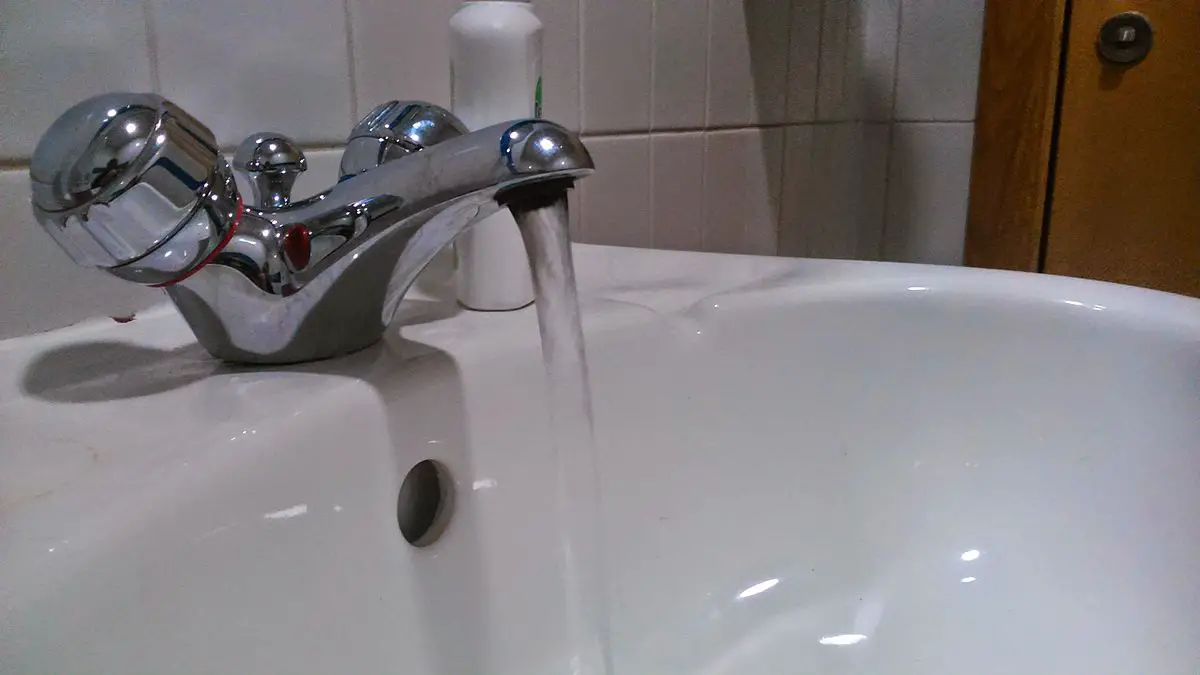
Particularly for anybody living in a home with a water meter, you will have another high bill to deal with if you constantly use too much water. However, the more water that is emptied into your drain the higher the risk to the environment. Not only are you using up a lot of electricity or gas if your hot water supply is linked to a boiler, but there are reasons why some wastewater hurts the environment, to both the land and the creatures (including humans) living on it.
What does this mean for you? Cut out your water usage! We all like to have a nice long soak in the bath, but you don’t have to overfill it. Cut down the time you spend under the shower. If you have a leaking tap, get it repaired. Don’t run your taps unnecessarily, such as when you’re brushing your teeth or washing your dishes. And as we said earlier, limit the wash cycles for both your clothes and dishes. Get into good habits to preserve rather than wastewater, and not only will you protect the planet, but you will see less money trickling away from your bank account each month.
Bad Habit #5: Forgetting (or not bothering) to recycle
We shouldn’t have any excuses not to recycle these days. Your local refuse company should have provided you with the appropriate bins for your waste, for everything from plastic to glass, and there should be recycling facilities near you for anything that won’t go into your household bins. There are often recycling bins in supermarket chains and on the high street too. And if you are seen to ignore the recycling opportunities given to you, you could face a hefty fine. So, for financial and world-saving reasons, this is a habit you need to get into. Because the more waste that is thrown into our landfills, the more greenhouse gases are emitted into the environment, and that is no good for anybody.
What does this mean for you? To avoid a fine and to avoid any further damage to the world, recycle! Use the bins that are available to you, and if you don’t have any, contact your local waste company and put in a request for what you need. And rather than throw away certain items, even into your recycling bin, consider reusing them instead. There are loads of creative uses for your plastic bottles, for example, so check out the linked article. Your plastic bags and glass jars can be used for storing household items. And as we have already suggested, you can probably find ways to reuse any scrap paper you have at home. Recycling is one habit you need to get into, both in and out of the home, so think twice before putting something potentially harmful into your regular waste bin.
Things You Can Do Right Now
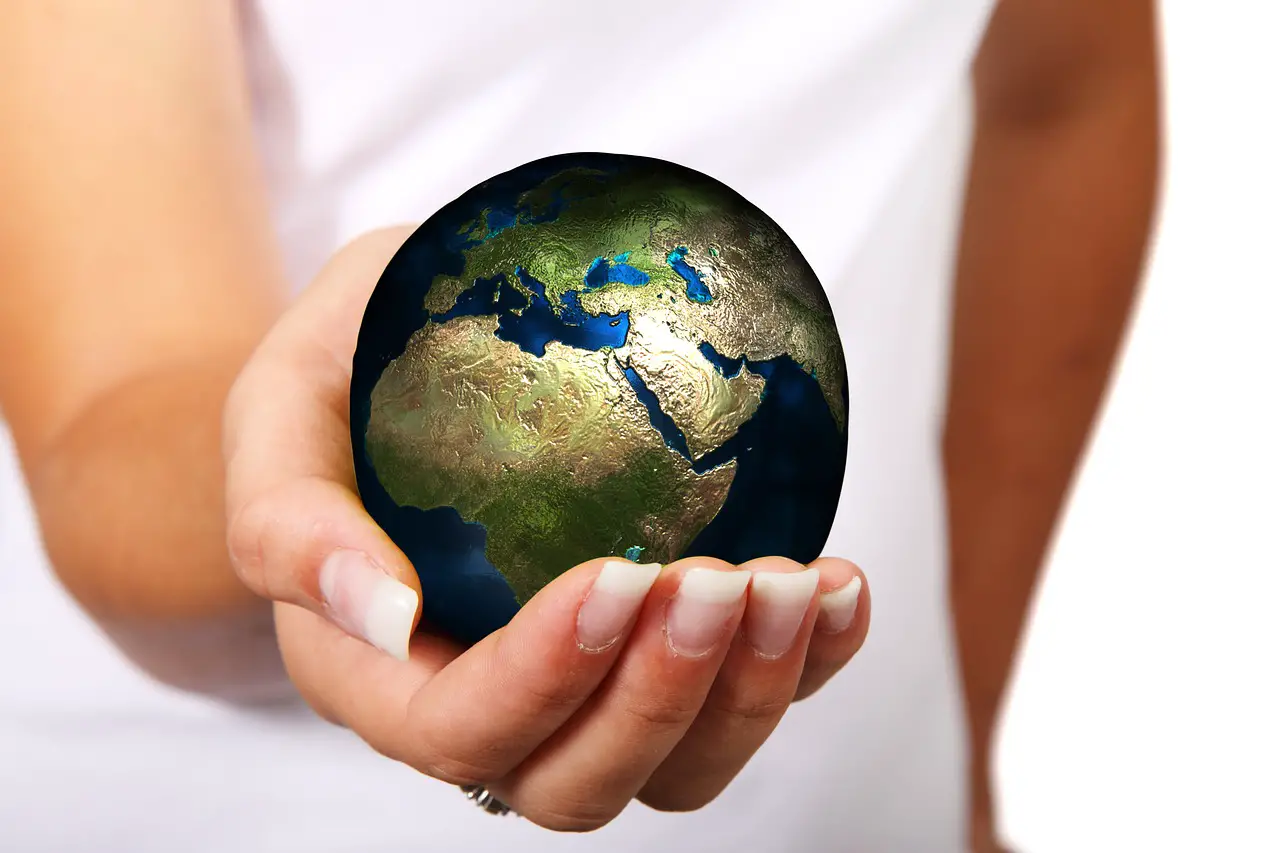
Don’t procrastinate. If you know you need to implement world-saving habits into your life to replace your bad habits, then do so. And we aren’t referring to your habits tomorrow, or in the next hour, we are talking about now.
Here are the things you can do right now!
- If there any lights on in your home, turn them off if daylight is still available.
- Unplug any appliances that are a) fully charged and b) not in use.
- Look in your waste bin and take out and recycle any items that are not biodegradable.
- Sit down with your family and instruct them in better habits around the home.
- Continue to research other ways to go green at home.
- Write down the ideas you find on your scrap paper and pin them up somewhere prominent.
- Turn off your television and the device you are reading this on and do something else with your time.
The more you can do today, the better. And in the days ahead, be mindful. Think: what do you need to change? What can you do to reduce the damage to the environment? You don’t have to become a fully-blown eco-warrior, but you can take steps in your little corner of the world to make a difference. Let us know what you think.



